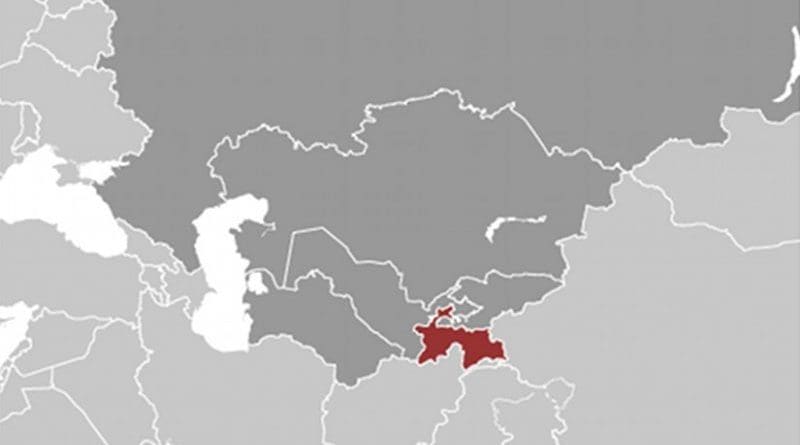US Looks To Tajikistan Post-2014 – Analysis
Last month, the head of US forces for Central Asia and the Middle East was in Tajikistan to garner support from the Central Asian country ahead of the planned withdrawal of the International Security Assistance Force (ISAF) from Afghanistan in 2014.
The meeting centred on US concerns about shoring up the geostrategic environment around Afghanistan and followed earlier meetings last week with the leaders of Turkmenistan and Uzbekistan.
Tajikistan shares a porous 1300km border with Afghanistan that continues to be plagued by a nexus of terrorism, weapons smuggling and drug trafficking. The US remains concerned that the border may also be exploited by the Taliban and its regional proxies to run supply lines against coalition forces in Afghanistan.
On 31 March, General James Mattis, Commander of US Central Command, met with Tajikistan’s President Emomali Rahmon. During the meeting, Mattis thanked Tajikistan for its ongoing support to the ISAF mission in Afghanistan. Shortly after the visit, Rahmon released a statement: “Tajikistan is always for more expansion of partnership with U.S. in various spheres of security and strengthening peace and stability in the region.”
The statement also emphasized that the “need to ramp up such cooperation is increasing” in light of the withdrawal of coalition forces.
For his part, Mattis pledged further US assistance to enhance Tajikistan’s infrastructure and capacity against sustained threats of terrorism, weapons smuggling and drug trafficking. Mattis also committed to continue working with Tajikistan’s military and police to ensure that the Afghan-Tajik border does not become a safe haven for local extremists groups such as the Islamic Movement of Uzbekistan that have worked with the Taliban.
The visit to Tajikistan was part of a larger effort from the US military to reassure Afghanistan’s neighbours that the Pentagon intends to remain active in the region post-2014.

